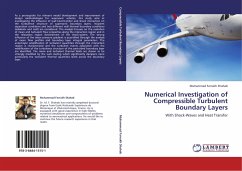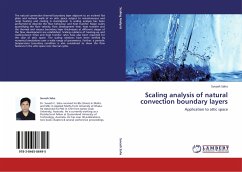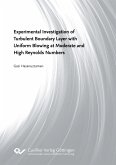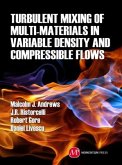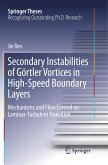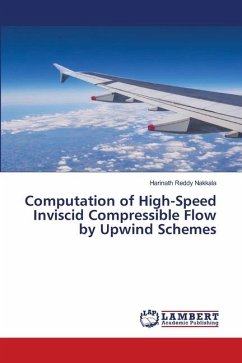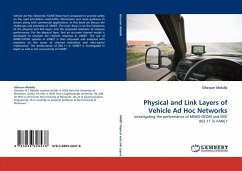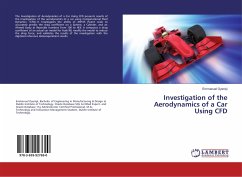As a prerequisite for relevant model development and improvement of design methodologies for supersonic vehicles, this study aims at investigating the influence of wall heat-transfer and shock interaction on the turbulence structure of supersonic boundary layers. Incipient separation conditions and two different wall thermal boundary conditions (adiabatic and cold) are considered. The analysis focuses on the evolution of mean and turbulent flow properties along the interaction region and in the relaxation region downstream of the shock-system. The strong influence of the mean pressure gradient is quantified through the analysis of mean flow profiles and boundary layer integral parameters. The anisotropic amplification of turbulent quantities through the interaction region is characterized and the turbulent events associated with the modification of the turbulence structure of the perturbed boundary layer are identified. The mean and turbulent thermal fields are shown to be strongly modified by the wall cooling which significantly dampens more particularly the turbulent thermal quantities levels across the boundary layer.
Bitte wählen Sie Ihr Anliegen aus.
Rechnungen
Retourenschein anfordern
Bestellstatus
Storno

